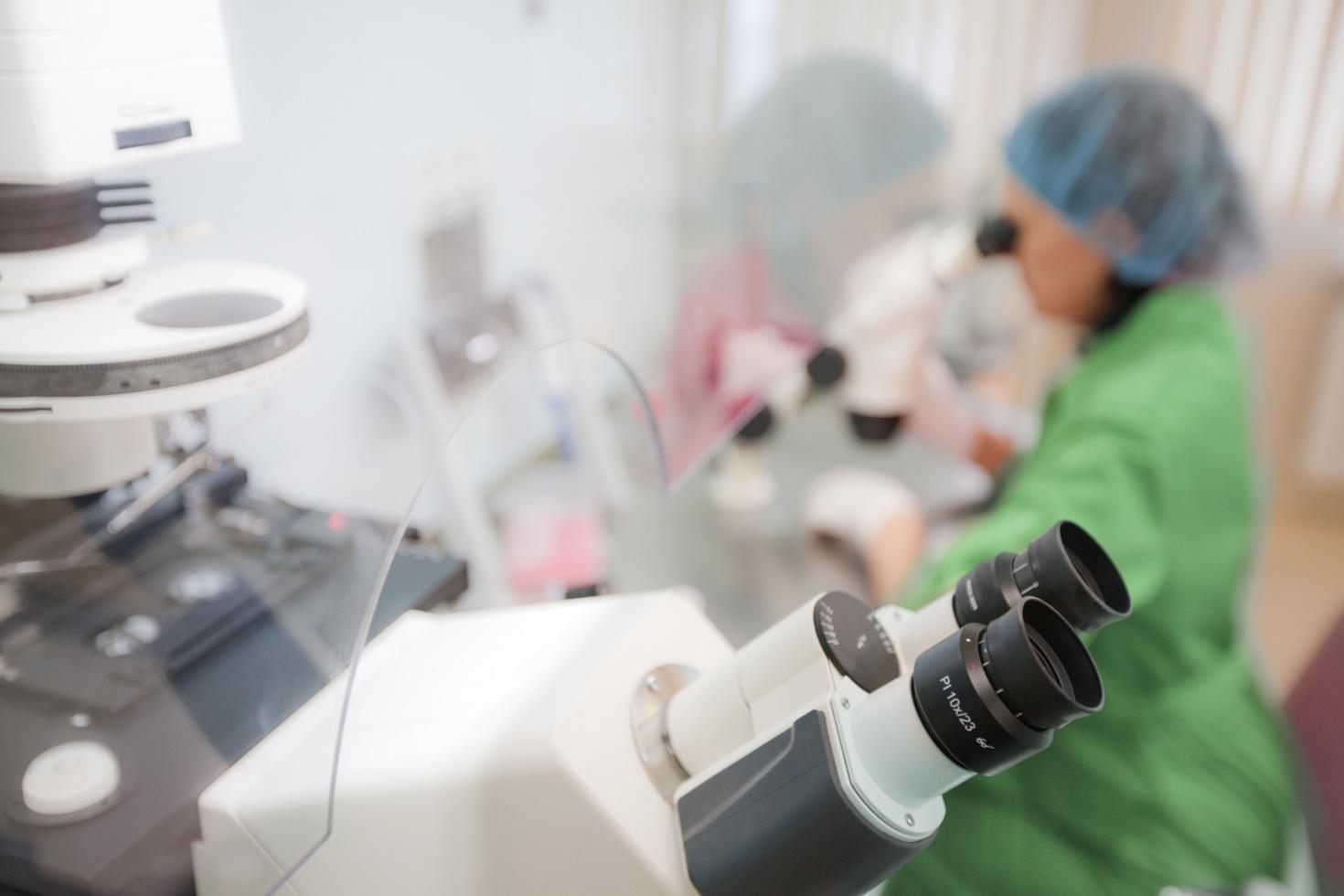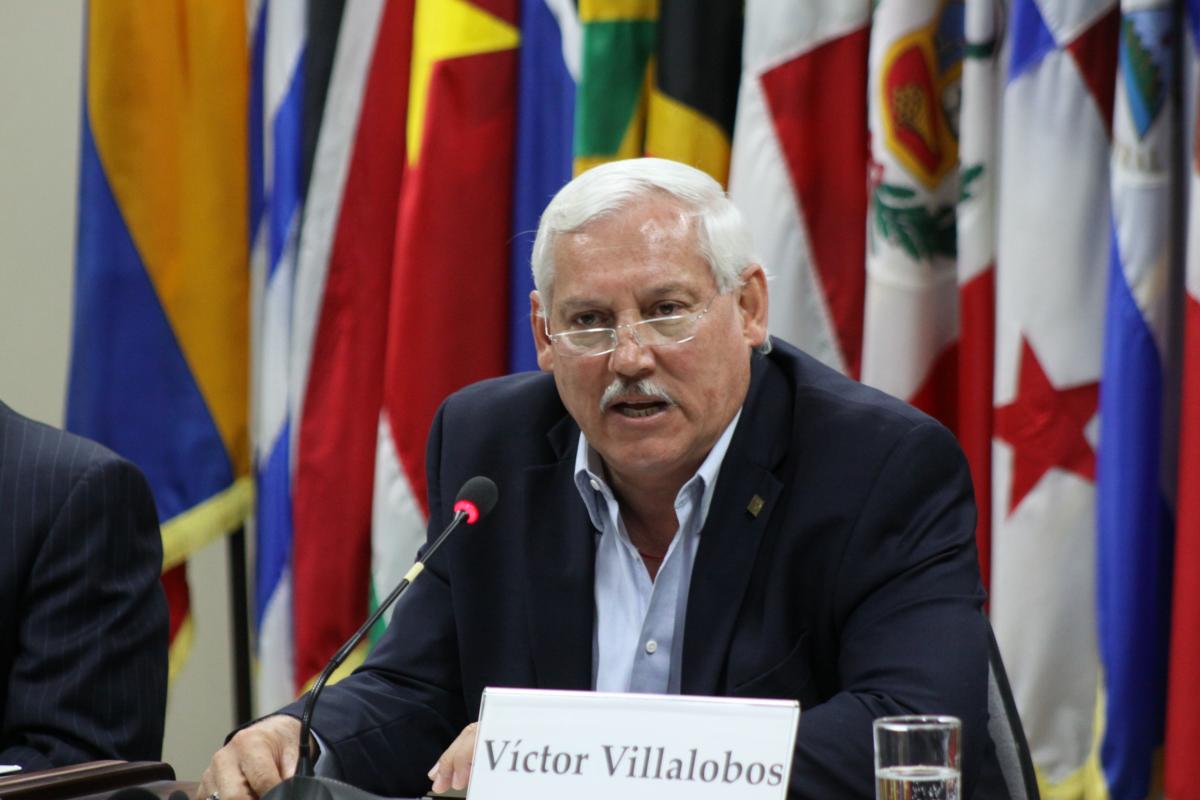Agriculture of the future will be based on the use of scientifically-based knowledge

Lima, 30 June 2016 (IICA). “People who work in any area of biotechnology must value the tremendous potential of this scientific field for solving the severe problems agriculture faces. Biotechnology is a powerful tool that can help us to address this undeferable task,” stated Víctor M. Villalobos, Director General of the Inter-American Institute for Cooperation on Agriculture (IICA), during the inauguration of the Ninth REDBIO Conference of 2016, held in Peru.
During the opening ceremony of the scientific meeting, which is viewed as the most important event focusing on biotechnology in Latin America and the Caribbean (LAC), Villalobos encouraged the attendees to analyze how biotechnology could contribute to making agriculture more productive, competitive, inclusive and sustainable.
“This reflection will help to bridge the scientific gap that exists in our region between a minority of countries possessing good capacity and infrastructure for biotechnology research, and a majority whose ability to apply this technology is very limited,” stated Villalobos.
REDBIO seeks to improve the access of LAC countries to information about modern biotechnology, by providing a series of tools to more effectively address the challenge of achieving food and nutritional security through sustainable agricultural development.
In his book entitled Los transgénicos (Genetically Modified Organisms), Villalobos states that GMO-cultivated areas will continue to expand at the global level as farmers and consumers become more familiar with and recognize the benefits of these new varieties of plants. According to the director of IICA, knowledge is the key word in this scenario.
“Agriculture’s success in the future will be based on an intensive use of scientifically-founded knowledge, in addition to the implementation of technologies which, up until very recently, were hardly ever associated with agricultural production,” stated Villalobos.
Biotechnology and agriculture’s challenges

During the meeting, Villalobos gave an overview of the four main challenges faced by the agricultural sector: improving productivity, protecting natural resources, promoting the development of rural territories and achieving food security. He also discussed different ways in which biotechnology can assist in facing those challenges.
“There is no doubt that the increasing demand for products from the sector, primarily food, will continue to require a great amount of effort to produce more; however, we have learned that we must not increase production at any cost,” he stated.
According to Villalobos, biotechnology is highly likely to succeed in facing this challenge. “If we do not undertake this task in a sustainable manner, we will have a very high price to pay in the future.”
“Focusing efforts on counteracting rural poverty can also be good business,” he stated. Family farming has great potential, given that close to sixty million people are engaged in this type of agriculture.
The director of IICA also explained that by the year 2050, we will need to find a way to feed a population of 9 billion people, a great challenge that must be overcome in terms of food availability, access, use and stability.
The REDBIO meeting will end on July 1 and is organized by Biotechnology Institute (IBT) of the National Agrarian University – La Molina (UNALM) of Peru; the National Council for Science, Technology and Technological Innovation (CONCYTEC) of Peru; the International Center for Tropical Agriculture (CIAT); and the American Council for Medicinally Active Plants (ACMAP) in the United States.
The slogan of this year’s meeting is “Biotechnology for Development and Sustainable Use of Biodiversity.” Other related topics such as sustainable productivity, food security, health and nutrition, biosafety, climate change, biobusinesses and bioethics, among others, will also be addressed during the meeting.
More information: evangelina.beltran@iica.int